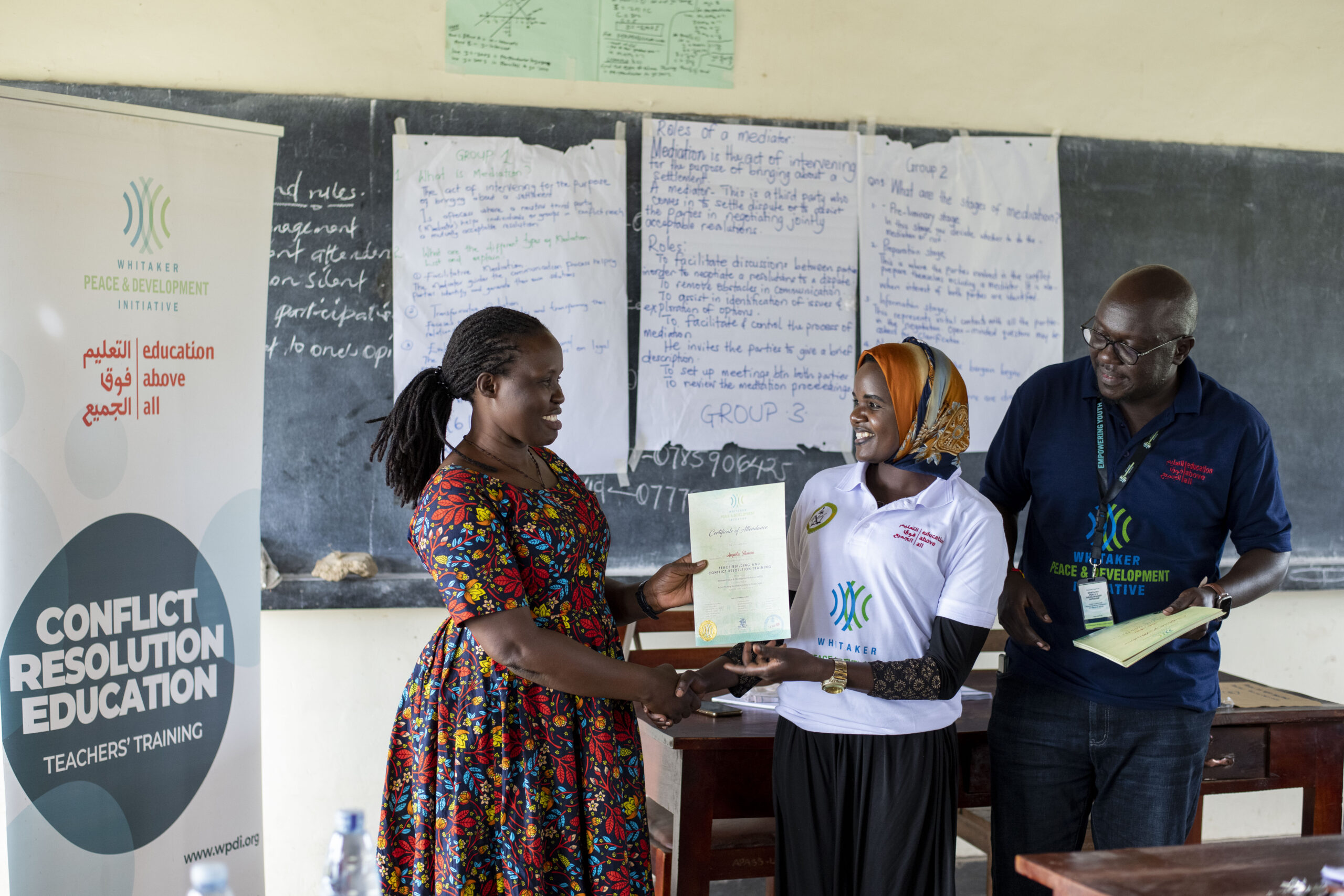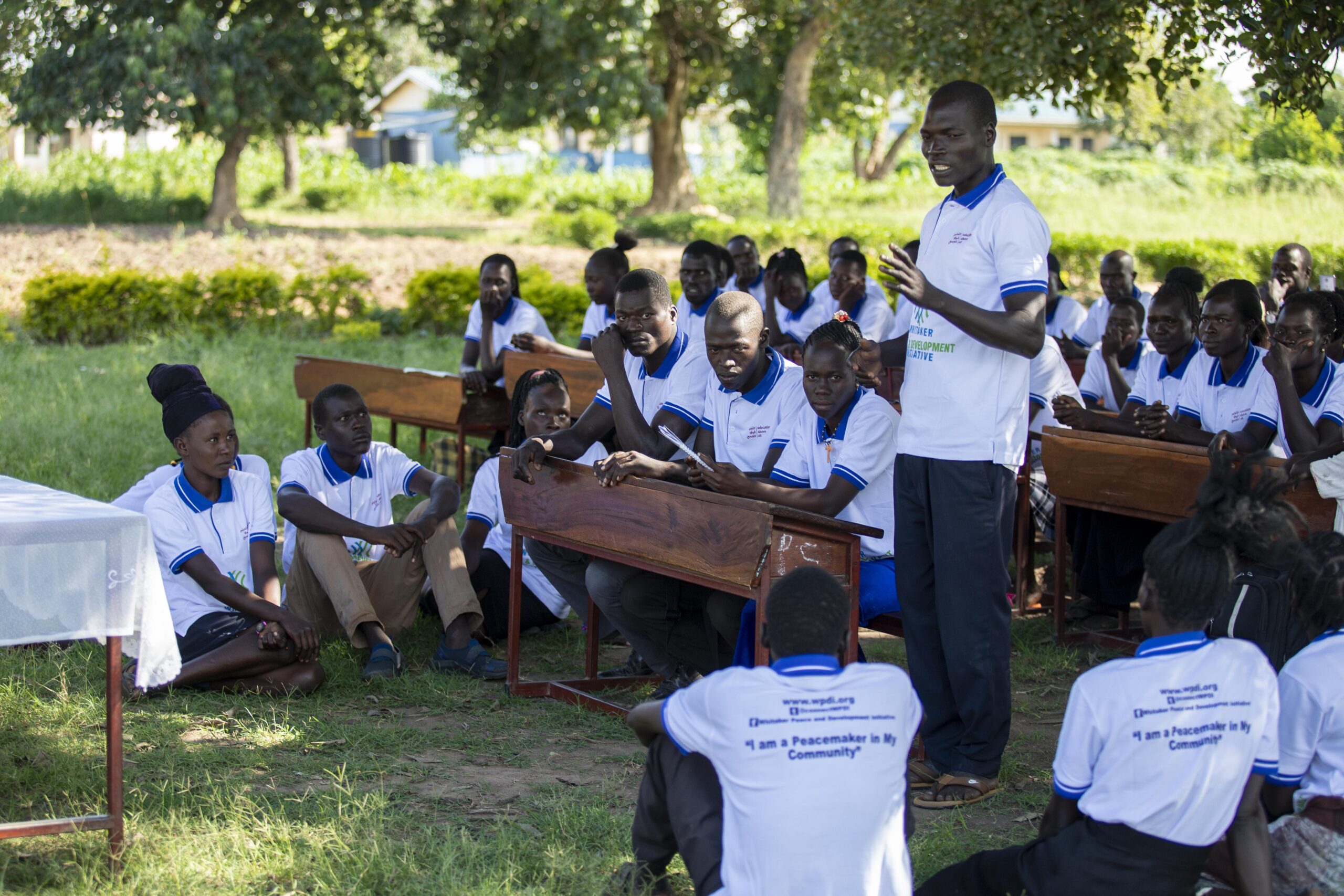TWO DECADES AFTER ARMED CONFLICT
 +2
+2
million Sudanese, South Sudanese, and Congolese have taken refuge in Uganda since 2013
 60%
60%
refugees are children and teenagers under 18
 +30,000
+30,000
children were abducted, with many serving as soldiers during the recent civil war
 72%
72%
of the population does not have internet access
 30%
30%
of youths ages 13-18 attend secondary school

For nearly 20 years at the turn of the century, civil war raged in Uganda as the Lord’s Resistance Army waged a violent insurgency against the government. The fighting was concentrated in northern Uganda, where more than two million people were displaced and thousands of children were abducted and forced to serve as child soldiers. Although a peace deal was brokered in 2006, communities throughout this post-conflict portion of Uganda are still struggling to build lasting peace and prosperity.
Education: Only 40% of Ugandan children (ages 3-5) attend early childhood education. Less than 25% of children will expectedly move forward to secondary school.
Gender Inequality: Uganda’s teenage pregnancy rate stands at 25 percent, the highest in East Africa. One in four Ugandan girls and women ages 15-19 have given birth before turning 18.34 percent of girls are married before the age of 18.
Youth Issues: High rates of teenage pregnancy and early marriage significantly affect the economic prospects of Ugandan youth. Historical involvement of youth in armed groups during the civil war
Peace and Security: Uganda has faced significant challenges in building peace and security following the end of the civil war in 2006. The impact of the civil war, particularly in Northern Uganda, has led to ongoing struggles in achieving lasting peace and prosperity.

Having launched some of its first programs in Uganda, the Whitaker Peace & Development Initiative (WPDI) has made significant strides in the country, promoting peacebuilding, education, and community development. WPDI’s work in Uganda has served as a model for our initiatives in other regions around the world.
WPDI maintains offices and operates comprehensive programs in four key areas of Uganda: the Acholi Sub-Region, the Karamoja Sub-Region, the Kiryandongo Refugee Settlement, and the Adjumani District in the West Nile Sub-Region.
View our Uganda annual reports:
Acholi Sub-Region – 2024 Report
Adjumani District – 2024 Report
Karamoja District – 2024 Report
Kiryandongo Refugee Settlement – 2024 Report